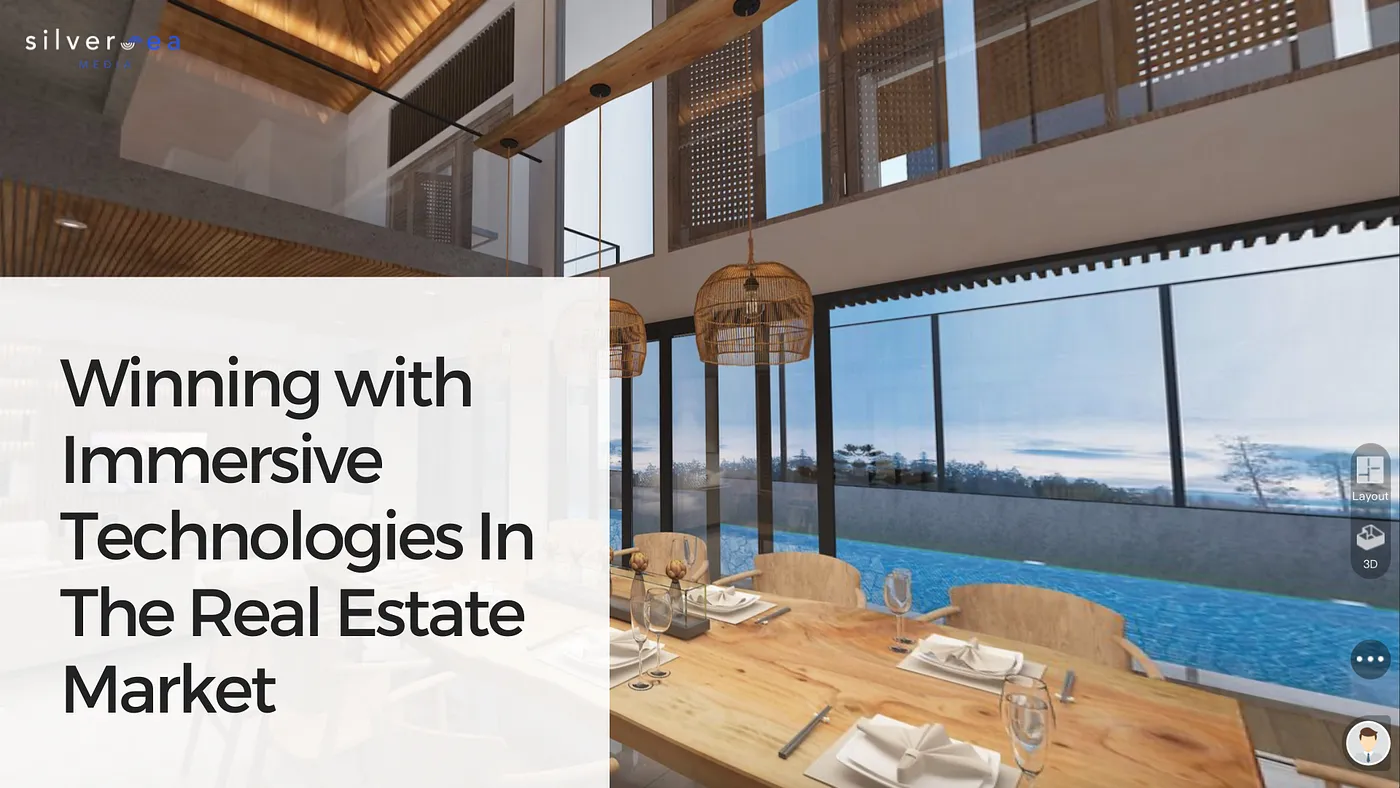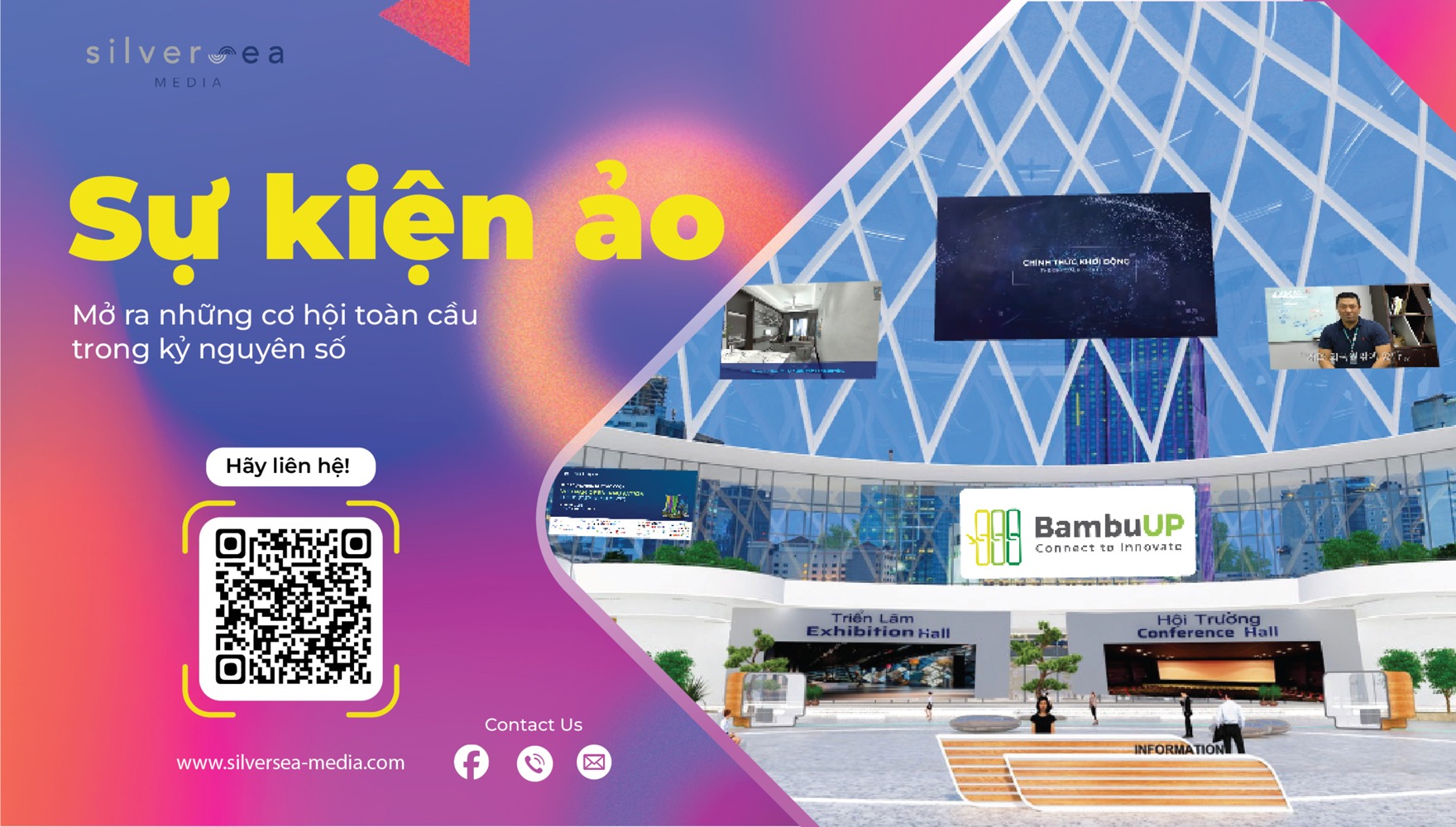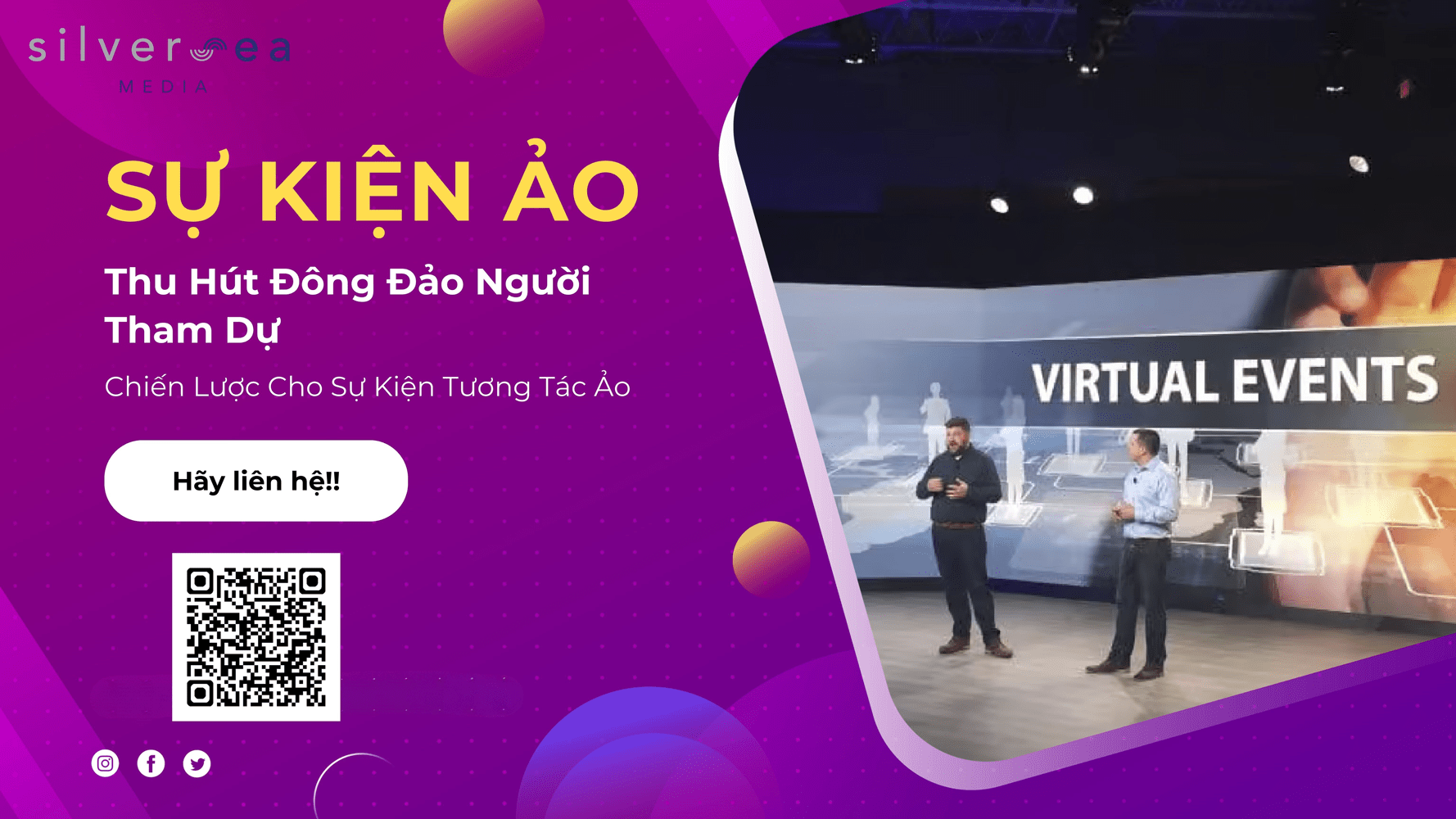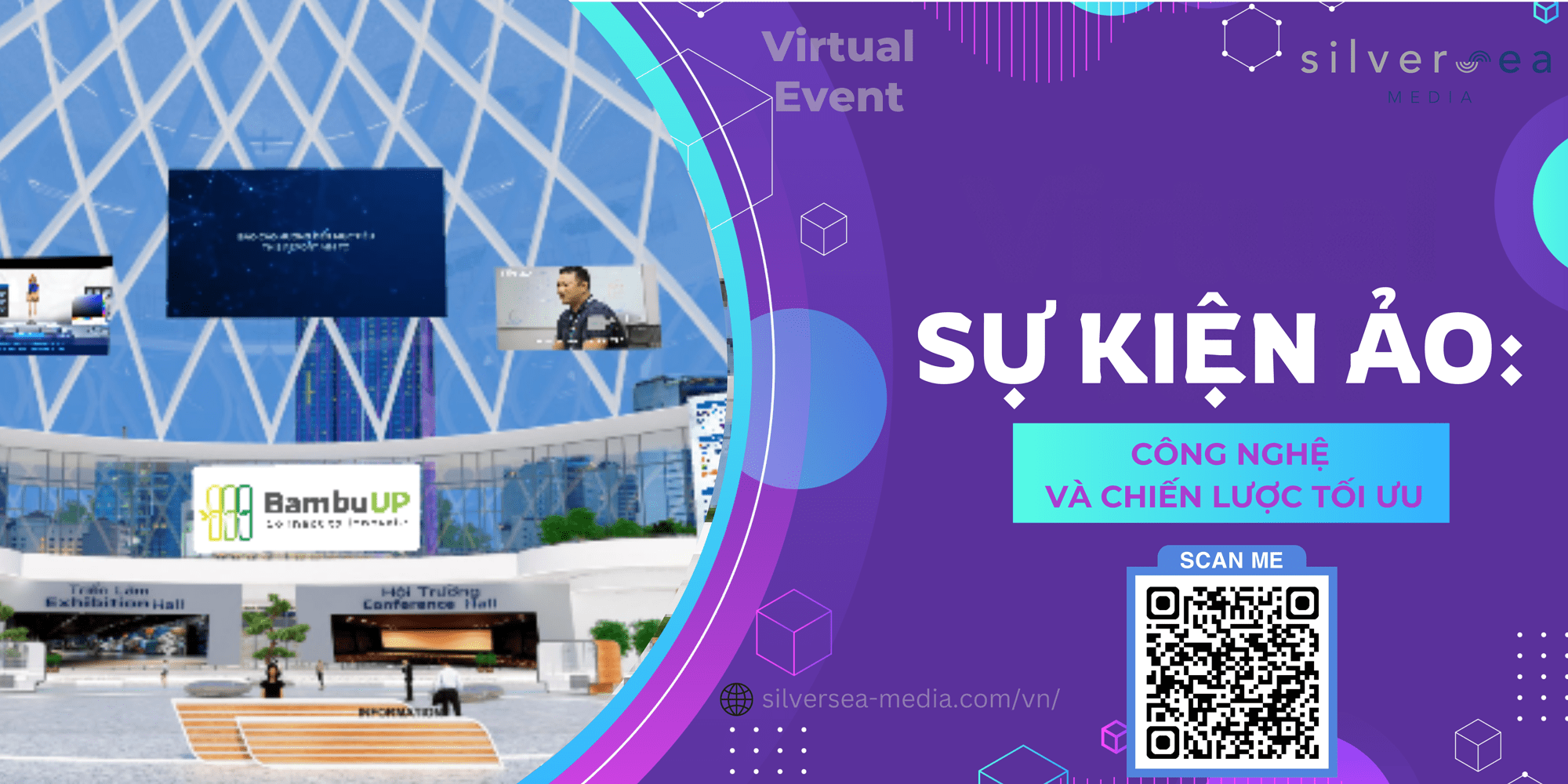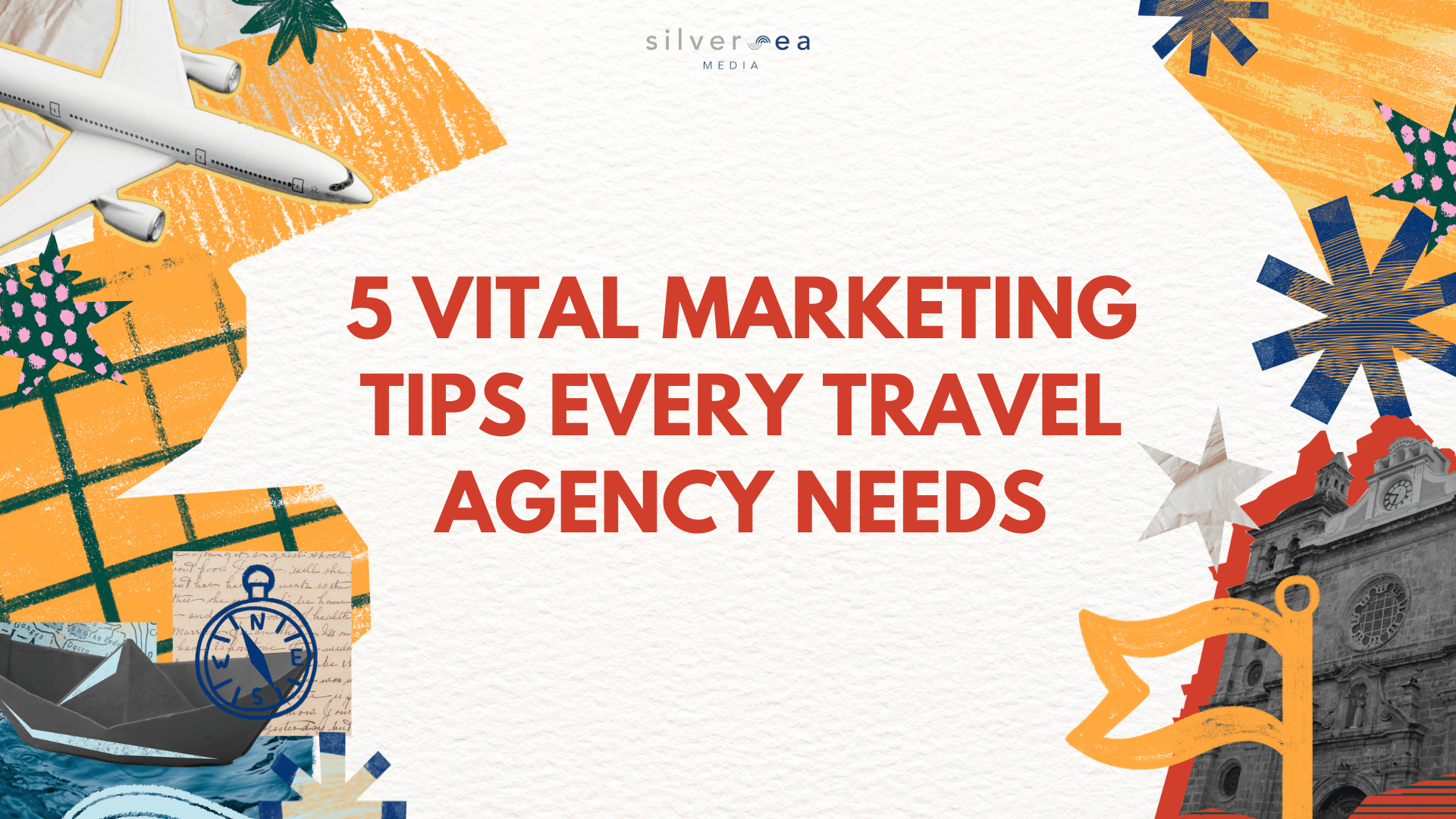Virtual reality (VR) and augmented reality (AR) are powerful immersive technologies taking the world by storm. The real estate industry, in particular, can benefit from implementing them into marketing strategies. With the potential to drive client growth and generate leads, immersive technologies offer promising prospects for real estate agents. According to Goldman Sachs, the real estate VR market is set to skyrocket to a whopping $2.6 billion by 2025.
Let’s look at some of the reasons why VR and AR are the boons of the real estate sector.
Better Engagement
Whenever you purchase something, you tend to touch and feel it. Similarly, implementing AR and VR enables potential buyers to engage more effectively with a property before making a decision. Immersive technologies facilitate the transformation of 2D images into lifelike 3D representations, allowing the clients to enjoy a more enhanced viewing experience. With the ability to examine room layouts, dimensions, and furniture arrangements, clients can easily select the most suitable property layout to meet their needs.
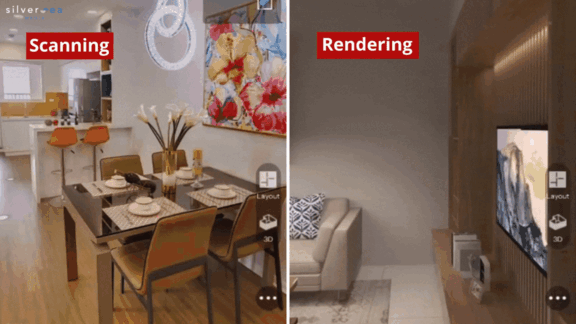
Present Global-Reaching Opportunities
The beauty of immersive technologies is that they are accessible from anywhere in the world, enabling realtors to have a global client reach. Interactive 4D virtual tours offer a highly engaging and immersive experience for clients where they can navigate and interact with the virtual environment. They can choose their path, move around and engage with specific elements through strategically placed hotspots.
Simplify the sharing process by providing quick access to virtual tours through scanned codes or links. This powerful combination expands the reach of real estate listings to a global audience, attracting international buyers and investors.
Remote Client Consultations
Say goodbye to the hassle of office visits and property travels. With virtual reality, agents can host virtual meetings, allowing clients to view properties, discuss details, and ask questions in real time, even if they live far away. This technology eliminates geographic barriers, saving time and increasing convenience for both parties.
Powerful Customisation
If we’ve learned anything from customer behaviour data over the past few decades, it’s that personalization and immersion are two very persuasive factors when it comes to marketing. With virtual staging, realtors can showcase their listings in the best light, attracting potential buyers with a compelling, lifelike representation. And with options like virtual sunset and winter to summer, you can create a desired atmosphere or season. These services provide the ability to modify your media visuals, catering to your specific audience and distinguishing yourself in a competitive marketplace.
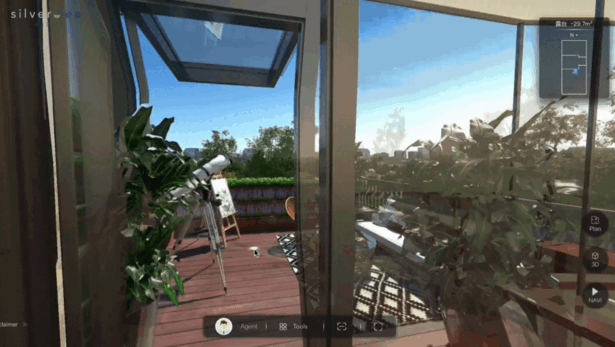
Moreover, clients can use AR technology to view potential furniture layout options in real-time, making it easier to decide on the best option for their space. They can experiment with various colour schemes and rearrange furniture, allowing them to personalize the space and gain a more profound sense of ownership before purchasing.

Takeaway
According to a survey by VRAR, the confidence instilled by virtual tours is so impactful that 40.4% of apartment buyers attributed the success of their purchase to the virtual experience. There is no doubt that immersive technologies will significantly drive more sales and potential buyers to real estate developers. From amplified experiences to global reach, these innovations promise endless possibilities, cost savings, and heightened efficiency in the real estate sector.
Don’t wait! Start transforming the way you do real estate today.




